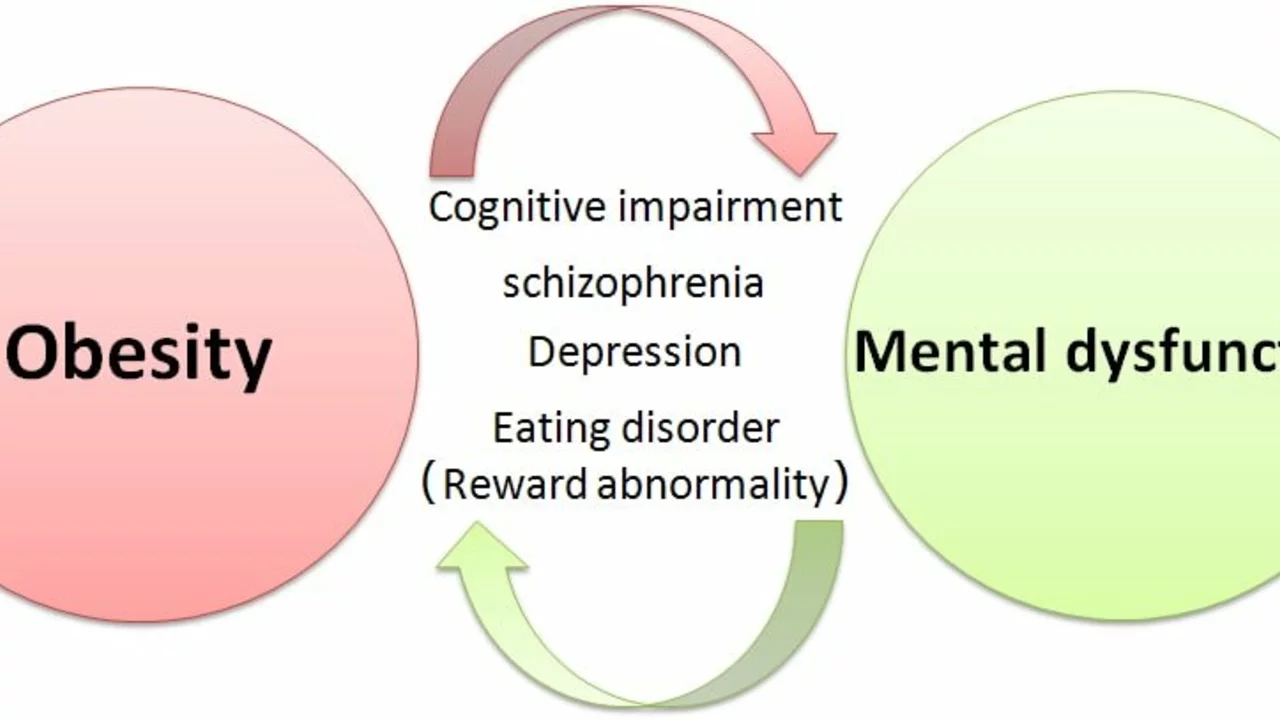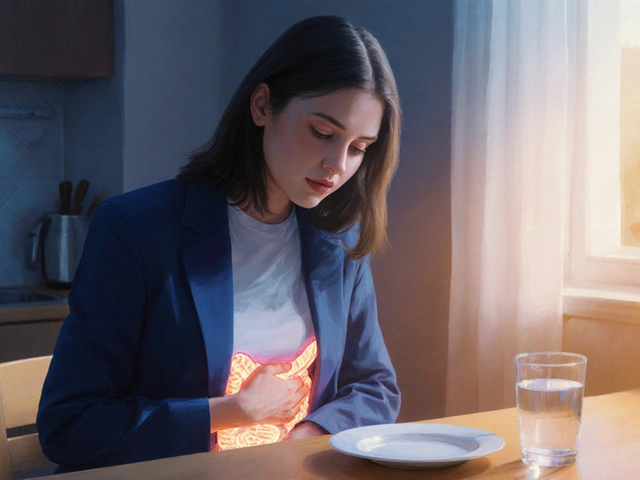Understanding Major Depressive Disorder
Before we dive into the relationship aspect, it is important to fully understand Major Depressive Disorder (MDD). This is a mental health disorder that is characterized by a persistent feeling of sadness and a lack of interest in outside stimuli. It is more than just feeling "down" or "blue" for a few days. It's a serious illness that can affect a person's thoughts, feelings, behavior, and physical health. It can drain the joy and fun out of life and make it difficult for the person to function in their day-to-day activities.
The Impact of MDD on the Individual
MDD can have a profound impact on an individual's life. It can make it extremely difficult for them to maintain a job, pursue an education, or even carry out simple tasks such as cleaning and cooking. It can lead to feelings of worthlessness and guilt, and in severe cases, it can lead to thoughts of suicide. It's not uncommon for people with MDD to isolate themselves from their loved ones, which can lead to a breakdown in relationships.
Effects of MDD on Relationships
The effects of MDD on relationships can be devastating. It can lead to a breakdown in communication, a lack of intimacy, and even a complete dissolution of the relationship. When one partner is suffering from MDD, it can put a strain on both individuals. It can be challenging for the other partner to understand what their loved one is going through, which can lead to feelings of frustration and helplessness.
Supporting a Partner with MDD
Supporting a partner with MDD is not easy, but it is not impossible either. It requires patience, understanding, and most importantly, open communication. It's crucial to educate yourself about the disorder and learn how to provide emotional support. It's also important to encourage your partner to seek professional help and to accompany them to their appointments if they are comfortable with it.
The Role of Therapy in MDD
Therapy plays a pivotal role in treating MDD. Cognitive Behavioral Therapy (CBT), for instance, can help individuals with MDD identify and change negative thought patterns that contribute to their depression. Therapy can also provide individuals with coping strategies to deal with their symptoms and improve their quality of life.
Medication and MDD
For some individuals, medication can be a useful tool in managing MDD. Antidepressants can help balance the chemicals in the brain that affect mood and emotions. However, it's important to remember that medication is not a cure-all solution and works best when combined with therapy and other forms of treatment.
Maintaining a Healthy Relationship While Coping with MDD
Maintaining a healthy relationship while dealing with MDD can be challenging but achievable. Open communication is key. Discussing your feelings and experiences with your partner can help them understand what you're going through. It's also important to take time for self-care and engage in activities that you enjoy. Remember, it's okay to seek help and support from a mental health professional.
When to Seek Professional Help
If you or your partner are struggling with MDD, it's important to seek professional help. If feelings of sadness, hopelessness, or worthlessness persist for more than two weeks, or if they begin to interfere with your daily life, it's time to reach out to a mental health professional. Early intervention is key to managing the symptoms of MDD and preventing them from escalating.
Conclusion: Hope and Recovery from MDD
In conclusion, while MDD can put a strain on relationships, it does not have to spell the end. With the right support, understanding, and treatment, individuals with MDD can lead fulfilling lives and maintain healthy relationships. Recovery is not only possible, but it is the most likely outcome. So, let's continue the conversation about MDD, break the stigma surrounding mental health, and remember that it's okay to ask for help.


